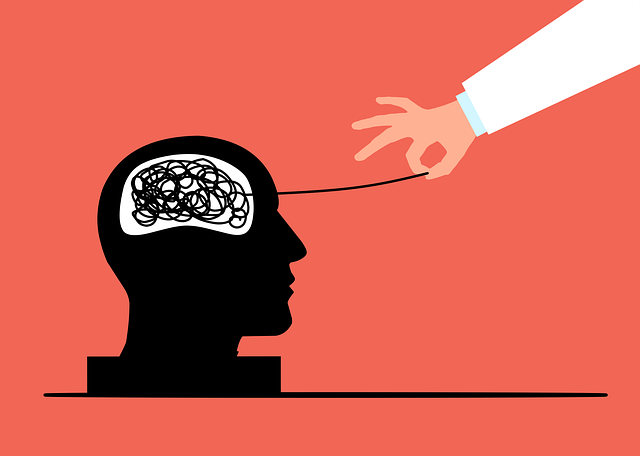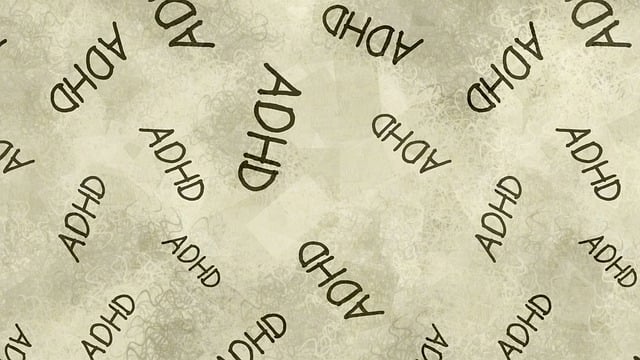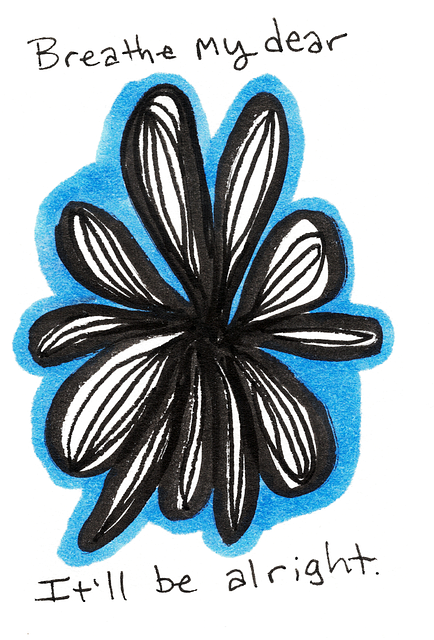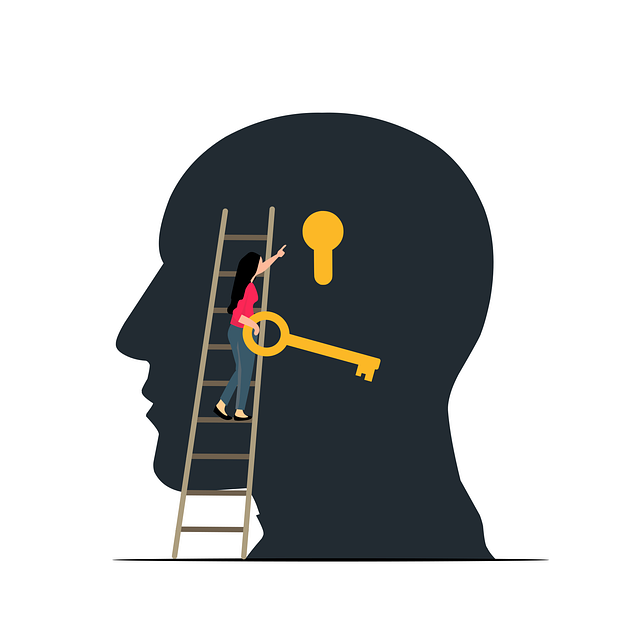Englewood American Sign Language Therapy (EASLT) is a leading initiative in cultural competency training for healthcare providers, focusing on effective communication and care for deaf and hard-of-hearing patients. By teaching ASL and addressing unconscious biases, EASLT promotes inclusivity, builds trust, and enhances mental health outcomes. This approach, coupled with ongoing professional development through programs like the Mental Wellness Podcast Series Production, ensures that diverse communities receive respectful, tailored healthcare, reducing disparities and fostering positive mental health environments.
“Cultural competency training is an essential aspect of modern healthcare, ensuring providers can offer quality care to a diverse range of patients. This article explores the critical need for such education, highlighting the unique role of Englewood American Sign Language Therapy in enhancing cultural sensitivity. We delve into unconscious biases prevalent in medical settings and present effective communication strategies for better patient interactions, especially with deaf individuals. Through case studies, we showcase successful implementations of cultural competency training, emphasizing its tangible benefits.”
- Understanding Cultural Competency in Healthcare: A Necessary Framework
- The Role of Englewood American Sign Language Therapy in Cultural Sensitivity Training
- Identifying Barriers and Biases: Unconscious Prejudices in Medical Settings
- Effective Communication Strategies for Healthcare Providers with Deaf Patients
- Case Studies: Success Stories of Cultural Competency in Action
Understanding Cultural Competency in Healthcare: A Necessary Framework

Cultural competency in healthcare is a critical framework that ensures providers can offer respectful and effective care to patients from diverse backgrounds. It involves understanding and appreciating cultural differences, as well as incorporating this knowledge into clinical practice. This approach is essential for bridging communication gaps and fostering trust between healthcare providers and patients who may have distinct beliefs, values, and traditions.
At Englewood American Sign Language Therapy, we recognize that our clients’ cultural identities play a significant role in their overall well-being and therapeutic outcomes. Training in cultural competency equips mental health professionals with the skills to navigate sensitive topics, such as emotional regulation and risk management planning, while considering the unique needs of each individual. By prioritizing inner strength development and cultural awareness, healthcare providers can create a supportive environment that respects individuality and promotes positive mental health outcomes for all.
The Role of Englewood American Sign Language Therapy in Cultural Sensitivity Training

Englewood American Sign Language Therapy (EASLT) plays a pivotal role in enhancing cultural sensitivity within healthcare practices, particularly in mental health services. By teaching sign language, EASLT fosters effective communication between healthcare providers and patients from diverse linguistic backgrounds, promoting understanding and empathy. This is especially crucial in the context of Cultural Sensitivity in Mental Healthcare Practice, where non-verbal cues and unique expressions of emotion can be as important as spoken words.
The benefits extend beyond communication. Learning sign language helps mental health professionals improve Self-Esteem Improvement among their deaf or hard-of-hearing patients by creating an inclusive environment. This not only facilitates better therapy but also encourages patients to actively participate in their treatment, bridging the gap left by language barriers. Furthermore, EASLT contributes to Mental Health Policy Analysis and Advocacy by raising awareness about the unmet needs of deaf individuals in healthcare settings, pushing for more inclusive policies and services.
Identifying Barriers and Biases: Unconscious Prejudices in Medical Settings

In healthcare settings, unconscious biases and prejudices can significantly impact patient care, often leading to disparities in treatment outcomes. These biases, which may be shaped by personal experiences, societal influences, or cultural stereotypes, can manifest in various ways. For instance, providers might unconsciously associate certain ethnic or cultural groups with specific health conditions, influencing their initial assessments and treatment plans. This phenomenon is particularly relevant for healthcare professionals interacting with diverse communities, such as those served by Englewood American Sign Language Therapy. Recognizing these unconscious biases is a critical step towards addressing them.
Training programs, including the Mental Wellness Podcast Series Production focused on cultural competency, aim to help healthcare providers identify their own prejudices and work towards mitigating their impact. By delving into topics like unconscious bias, stress reduction methods, and depression prevention, these initiatives foster a more inclusive environment. Through open discussions, simulations, and ongoing reflection, providers can learn to navigate complex patient interactions, ensuring that every individual receives care based on their unique needs rather than preconceived notions.
Effective Communication Strategies for Healthcare Providers with Deaf Patients

Effective communication is a cornerstone of quality healthcare delivery, and when it comes to serving Deaf patients, specialized strategies are essential. Healthcare providers must be equipped with the skills to communicate clearly and sensitively with individuals who rely on American Sign Language (ASL). Englewood American Sign Language Therapy offers valuable resources for professionals looking to enhance their communication techniques.
By learning basic ASL signs and adapting their communication style, healthcare providers can create an inclusive environment. This involves active listening, clear and concise language, and utilizing visual aids or technology that supports sign language interpretation. Conflict resolution techniques, such as those taught by various professional development programs, can further assist in managing potential misunderstandings. Additionally, addressing provider burnout prevention strategies and anxiety relief methods can contribute to a more positive patient experience, ensuring that Deaf individuals receive the same level of compassionate care as their hearing counterparts.
Case Studies: Success Stories of Cultural Competency in Action

In recent years, healthcare provider cultural competency training has gained significant importance, with numerous success stories highlighting its impact. One notable example is the Englewood American Sign Language (ASL) Therapy program, which has revolutionized care for the deaf and hard-of-hearing community. By integrating ASL into their services, this initiative ensures effective communication and emotional well-being promotion techniques for patients, fostering a sense of inclusivity and respect.
The Mental Health Education Programs Design implemented in various healthcare settings demonstrates another powerful application. These programs focus on developing coping skills among diverse patient populations, addressing cultural barriers to mental health care. Through tailored education and support, they empower individuals to manage their well-being, offering valuable resources for improving overall community mental health. Such initiatives not only enhance the quality of care but also contribute to building culturally sensitive healthcare environments.
Healthcare provider cultural competency training, as highlighted by case studies and successful implementations like Englewood American Sign Language Therapy, is not just a desirable practice but an imperative one. By addressing barriers and biases, including unconscious prejudices, healthcare professionals can improve communication and care for diverse patient populations. This article has underscored the importance of such training in enhancing cultural sensitivity, ensuring equitable access to quality healthcare, and fostering stronger connections between providers and patients from various backgrounds.













